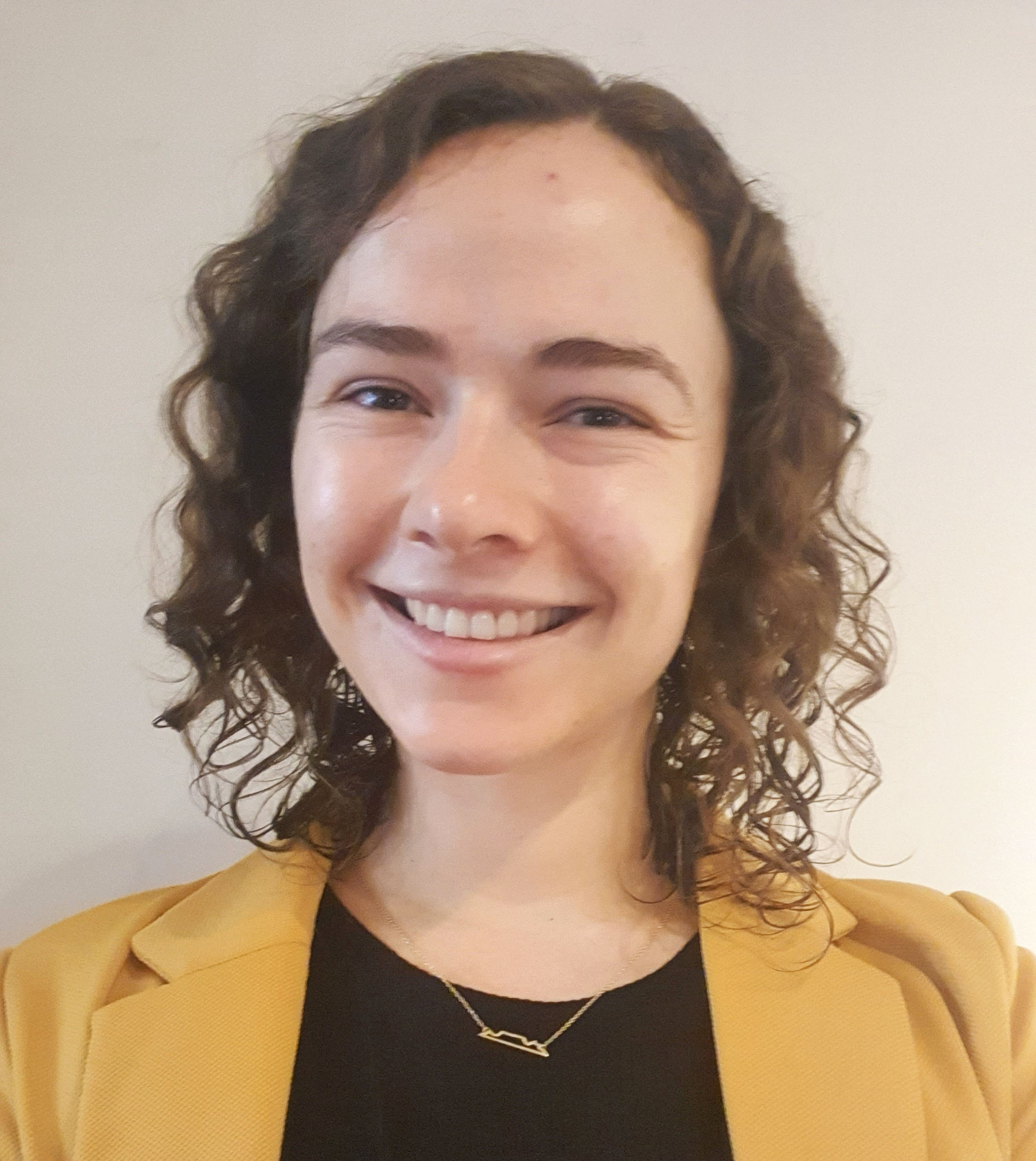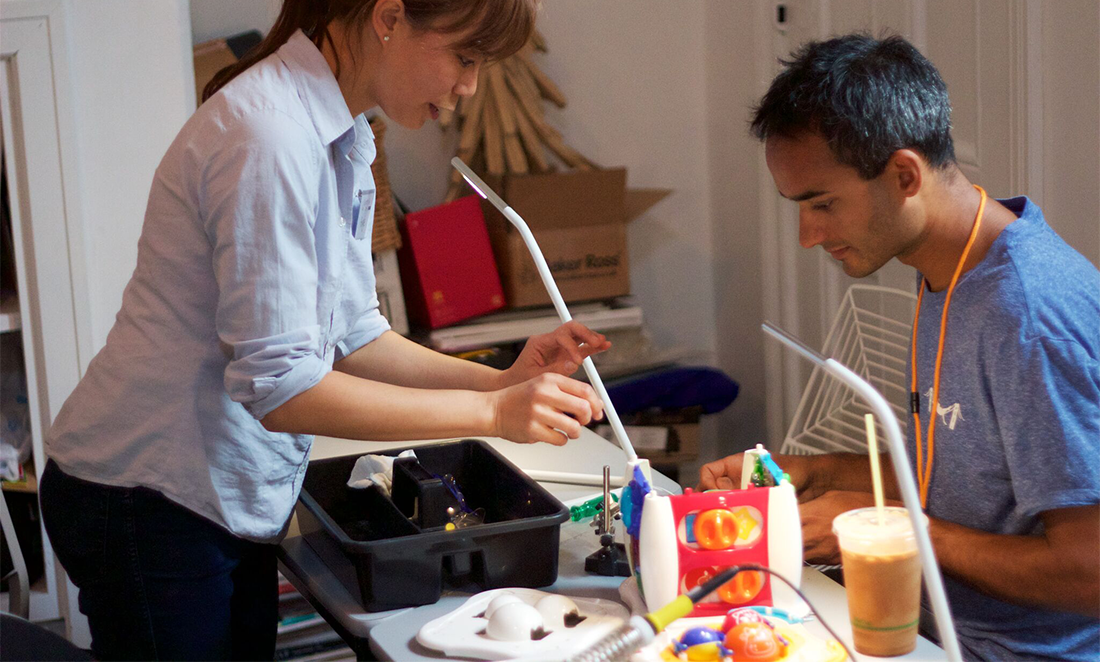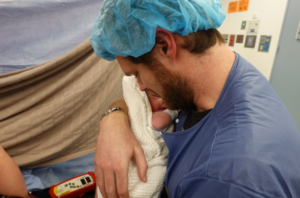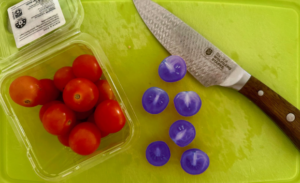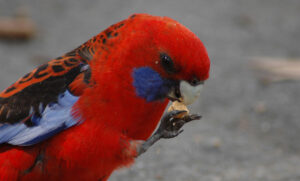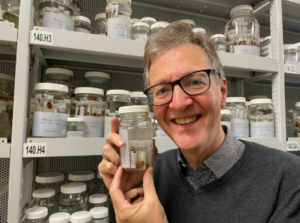I just got a brand new bike. It’s sky blue, has a sweet wicker basket and gets me to work in 12 minutes flat.
But whilst my bike may be made to look vintage, I don’t have the old-fashioned skills required to maintain her. Should my Baby Blue break, I’d be back on the bus, battling it out with every other stressed commuter. I have zero idea how to fix a bike.
When did having these sorts of practical skills go out of fashion?
Did we get lazy? Is learning a new skill just too time consuming in our modern day and age?
Or is the value we place on things out of whack? Why fix a bike when you can pop out and buy the latest shiny model?
Either way, we are consuming (and discarding) stuff faster than ever before. It’s just what we do.
But a new community group in Perth is putting its foot down—and lending a helping hand.
DON’T DESPAIR, REPAIR
Following in the footsteps of 1394 communities around the world, Perth residents Angie Kings-Lynne and Elle Gonzales-Skuja are starting up a Perth chapter of Repair Café.
Repair Cafés are free meet-ups where volunteers offer their time, tools and skills to help repair anything from clothes, bicycles, electrical appliances, furniture and more.
On 18 November, the very first workshop is being held at Maker Movement in North Perth. You (and your broken belongings) are encouraged to come along.
Angie and Elle hope this will be a first step in a shift in community mentality—a shift that will lead to reduced landfill, more empowered people and tight-knit communities.
WANT, WASTE, REPEAT
We all have broken things. They sit around the house, mocking us.
The jacket with the broken zip.
The keyboard with the sticky key.
The baby monitor with the loose wire.
With free verge collections provided by local councils, it’s almost too easy to send these things to landfill.
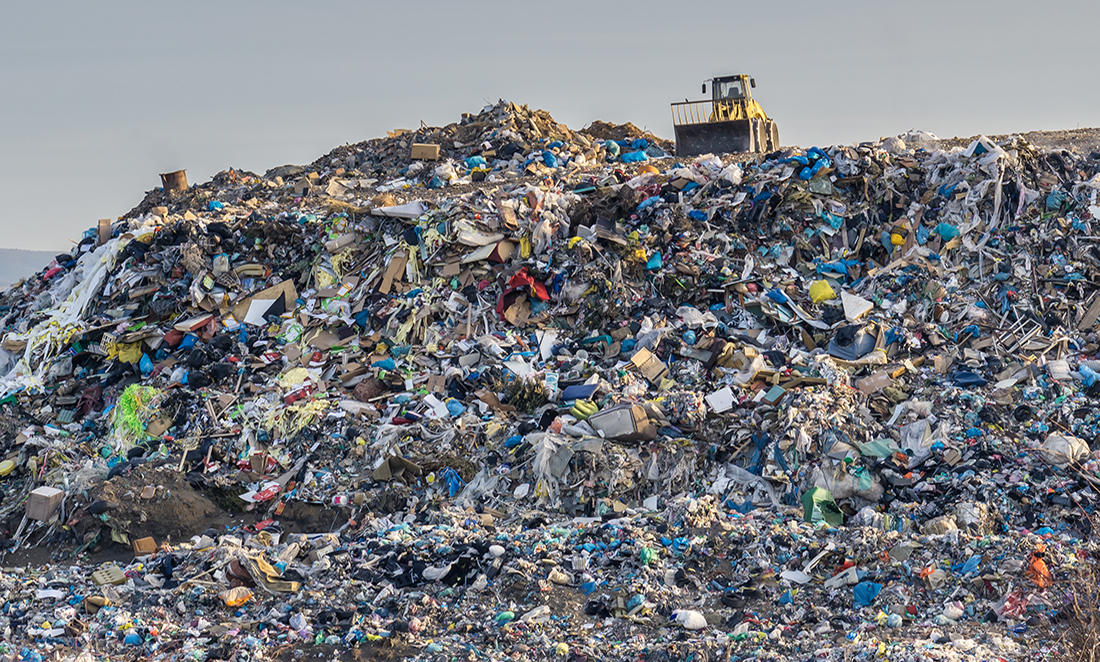
Languishing in a big hole in the ground, they’ll leach chemicals into the soil and release emissions into the air.
The environmental attack continues when we purchase new things to replace those that we just discarded.
The more we consume, the more trees we need to cut down, the more oil we need dredge, the more ore we need to mine, the more factories we need that pump more emissions out into the air.
And then, the more waste we can throw away. Again.
WASTE LESS OUT WEST
Inspired by ABC’s War on Waste, Angie set out to see how she could be part of a solution to this problem.
An ex-electrical engineer, Angie already understood the joy and satisfaction that came from fixing up broken belongings as a volunteer at the Toy Library.
Angie says, “They would get these huge toys and they’d just sort of be dead, but when you open them up, there’s just a wire loose. So you solder it back and the whole thing just comes alive.”
But when she tried to become involved in the Perth Repair Café scene, she found there wasn’t one.
“The closest one was over east! They’ve got about 15 over there.”
There was nothing for it but to bring the initiative out west.
IF IT’S BROKEN, FIX IT
On top of reducing landfill, Angie and Elle hope that Repair Café will help upskill and empower people.
“The idea of Repair Café is not to leave your broken items with the repairer and go off to the café.”
People are encouraged to take a seat, have a chat and take some notes. The volunteers helping out at Repair Café come from all walks of life and have many skills that they’d like to share.
Elle says for her the most important outcome on the day will not be the repair of any one object but a shift in how people think about broken things.
“It’ll help just being able to open things up and have a look—to get an idea of just how easy some of the fixes are.”
And as to those rubbishy things lying around the house that you despise? “They’ll become these completely usable things that you’ll value again.”


